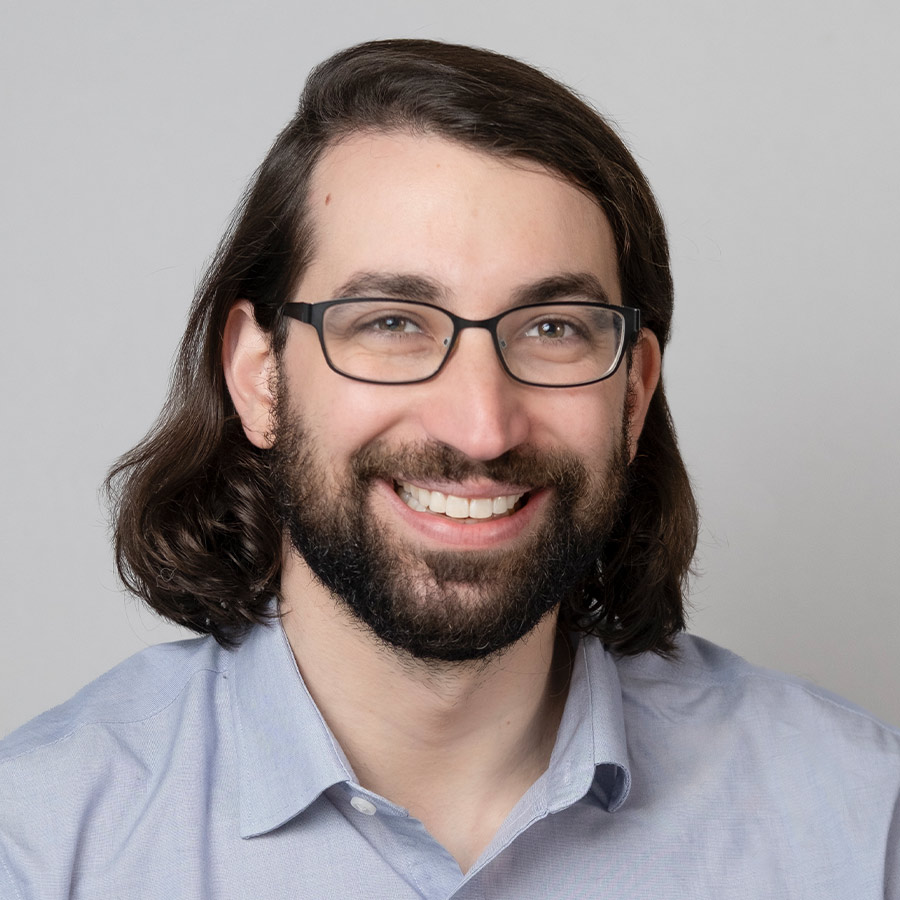Max Mankin, Ph.D., is the chief operating officer at Elve, a company focused on design and production of power amplifiers for high data rate communication networks.
Max was formerly co-founder and CTO of Modern Hydrogen, a clean energy company based in the Seattle area whose mission is to make energy cleaner and cheaper.
Max was lucky enough to have two parents who supported his early enthusiasm for science, technology and engineering: with books, with old computers from the town dump, with model rocket engines and with grocery store chemicals. They even managed to contain their anger when Max ruined their microwave by putting a CD in it and when he scarred the porch with his homemade Tesla coil.
In high school, chemistry appealed to Max because it explained natural phenomena like rusting fences, oil floating on water and full water bottles exploding in the freezer. Similarly, during his undergraduate career at Brown University, the appeal of linking fundamentals to observable characteristics of the real world drew him to physical chemistry. Max graduated from Brown in 2011 with a bachelor’s degree in chemistry, with honors, and his research there focused on optimizing the surface chemistry of catalysts for hydrogen fuel cells and various chemical processes.
As a Hertz Fellow, Max completed his doctorate at Harvard, with a focus on solar cells, photonics, materials and strain engineering and on energy system efficiency. He engineered materials with never-before-observed properties that led to new paradigms in microscale optical systems.
Following graduate school, Max joined the Invention Science Fund as an entrepreneur in residence. From there, he co-founded Modern Hydrogen, a clean energy company decarbonizing some of the most challenging sectors of industry—including gas utilities, process heat and steam users, heavy equipment and fleet operators, and building materials producers. At Modern Hydrogen, Max leads engineering, product development and manufacturing.
Max serves on the boards of two nonprofits, including the Hertz Foundation, and as an adviser to several other hard-tech and engineering companies.




